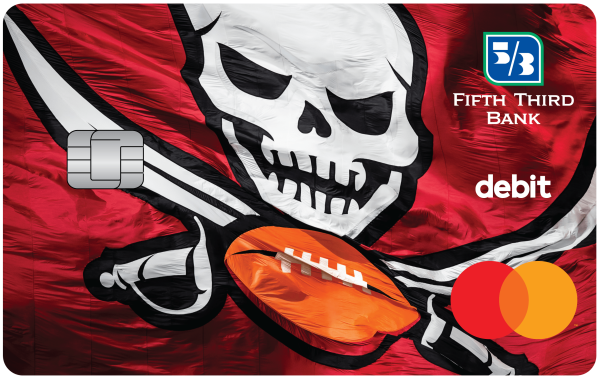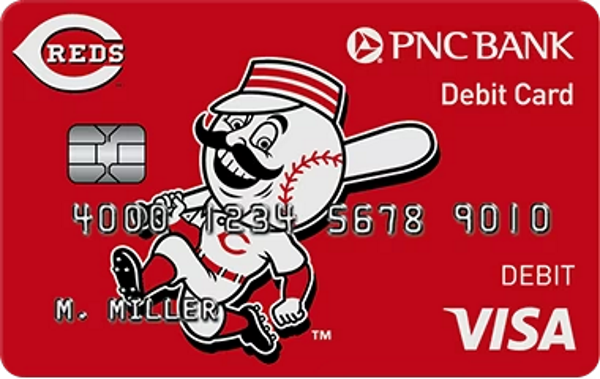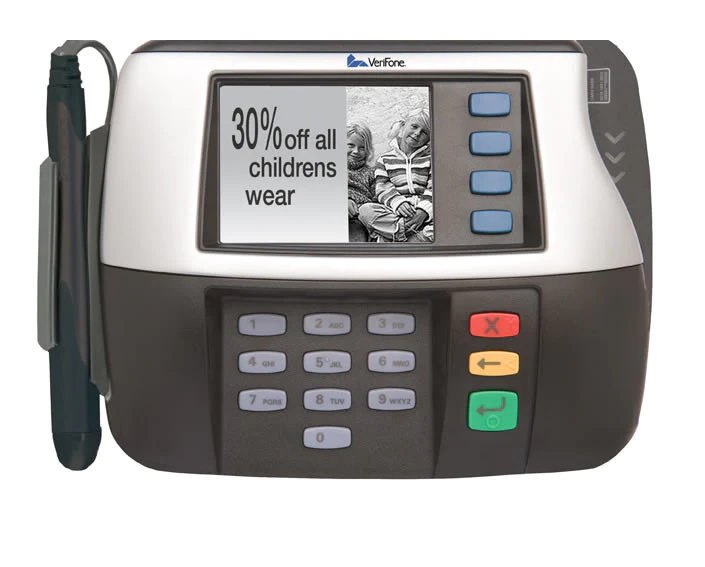
When it comes to credit cards, there are two main types: secured and unsecured. So what’s the difference? And which is better for you? In this blog post, we will discuss the pros and cons of each type of card, so that you can make the best decision for your needs.
Join the Accepted Platinum Credit Card Rewards Program!
Table of Contents
What’s the Difference?
The main difference between secured and unsecured credit cards is that secured cards require a deposit, while unsecured cards don’t. The deposit you make with a secured card is typically equal to your credit limit. So if you have a $500 limit, you’ll likely need to deposit $500.
With an unsecured card, there’s no such requirement. You don’t need to put down any money upfront. Instead, the issuer will decide your credit limit based on your creditworthiness.
Another key difference is that secured cards are often easier to get approved for than unsecured cards. That’s because the issuer has less risk since they know they can recoup their losses if you don’t make your payments.
Finally, the way you can understand the difference between the two is to think of secured cards as being like debit cards. The money you spend is yours, and the issuer isn’t loaning you any extra funds. With an unsecured card, on the other hand, you’re borrowing money from the issuer that you’ll need to pay back with interest.
Similarities Between Secured Credit Cards and Unsecured Credit Cards
There are a few key similarities between secured and unsecured credit cards. Both can help you rebuild your credit, and both usually come with rewards programs.
You also need to be responsible with both secured and unsecured credit cards by making your payments on time and in full to avoid late fees, interest charges, and damage to your credit score. Another similarity is that secured and unsecured credit cards can both have high-interest rates if you carry a balance.
Finally, secured and unsecured credit cards will both report to the credit bureaus. This is important because your payment history is the most important factor in your credit score.
Advantages and Disadvantages of Secured Credit Cards
There are both advantages and disadvantages to secured credit cards. One advantage is that they can help people build or rebuild their credit history. If you have bad credit or no credit, a secured card can be a good way to get started.
Another advantage is that most secured cards have relatively low credit limits. This can be helpful if you’re trying to avoid debt or if you’re not sure you can handle a higher limit.
One disadvantage of secured cards is that they require a deposit. If you don’t have the money to put down, you won’t be able to get the card. Another potential downside is that some secured cards have annual fees and high-interest rates. Be sure to compare offers before you apply to make sure you’re getting the best deal possible.
The biggest disadvantage of secured cards is that they’re not always easy to get. If you don’t have the collateral for a deposit, you likely won’t be able to qualify.
When comparing the advantages and disadvantages, it’s important to remember that secured cards are not for everyone. If you have bad credit, a secured card can help you rebuild your credit history. But if you have good credit, you might be better off with an unsecured card.
Advantages and Disadvantages of Unsecured Credit Cards
Unsecured cards also have both advantages and disadvantages. One advantage is that you don’t need to put down a deposit to get the card. Another is that unsecured cards typically have higher credit limits than secured cards.
One disadvantage of unsecured cards is that they’re more difficult to qualify for if you have bad credit. If you do have bad credit, you may be better off with a secured card. Another potential downside is that some unsecured cards come with annual fees and high-interest rates, so again, be sure to compare offers before you apply.
Overall, unsecured cards tend to be better than secured cards, but it really depends on your individual situation. If you have bad credit and enough collateral, a secured card may be the best option. But if you have good credit and don’t want to put any assets up for collateral, an unsecured card is probably your best bet.
Risks of Secured Credit Cards
There are a few risks to be aware of with secured credit cards. One is that if you don’t make your payments on time, the issuer can keep your deposit. Another is that some issuers may report secured card activity as “secured loans” on your credit reports. This could hurt your credit scores.
The biggest risk, however, is that secured cards can be easy to abuse. If you’re not careful, it’s easy to overspend and end up in debt. That’s why it’s important to use secured cards responsibly and only spend what you can afford to pay off each month.
Risks of Unsecured Credit Cards
There are also risks to be aware of with unsecured credit cards. One is that if you don’t make your payments on time, the issuer can close your account and send your debt to collections. This will damage your credit scores and may result in lawsuits or wage garnishment.
Another risk is that some unsecured cards come with high-interest rates and fees. If you carry a balance on your card, you could end up paying a lot of money in interest.
Finally, the most dangerous risk is that of identity theft. When you use an unsecured credit card, you’re giving someone your personal information, including your name, address, and credit card number. This information could be stolen by hackers and used to commit fraud or make purchases in your name. Although this risk is rare, it’s important to be aware of it.
The Importance of Selecting the Right Credit Card for You
Choosing the right credit card is important. The type of card you choose will affect your credit score and your ability to make purchases. As mentioned above, there are two types of credit cards: secured and unsecured. Each has its own advantages and disadvantages.
Selecting the wrong credit card can lead to a situation like this: You have bad credit and decide to get a secured credit card. You put down a deposit of $500 and are approved for the card. You use the card responsibly for a few months, but then you lose your job and can’t make your payments.
The issuer keeps your deposit and closes your account. Now you’re out the money you put down as a deposit and you’ve damaged your credit score.
What could happen if you select an unsecured credit card: If you decide to go with an unsecured credit card, there are a few things that could happen. First, if you have bad credit, you may be denied the card.
Second, if you’re approved for the card, you may be given a high-interest rate. This means that you’ll end up paying more interest charges if you carry a balance on your card. If you fail to keep up with your payments, you’ll quickly end up in a debt trap.
Finally, you may be given a lower credit limit, which can impact your ability to make large purchases or book travel reservations.
As you can see, choosing the wrong credit card can have serious consequences. That’s why it’s so important to select the right card for your needs.
Which Type of Credit Card is Right for You?
The type of credit card you choose should be based on your financial needs and goals. If you have bad credit, a secured credit card may be the best option for you. This type of card requires a deposit, but it can help you rebuild your credit.
If you have good or excellent credit, an unsecured credit card may be the best option for you. This type of card doesn’t require a deposit and can help you earn rewards or cashback on your purchases.
No matter which type of credit card you choose, be sure to use it responsibly. Pay your bills on time and keep your balance low to avoid damaging your credit score.
If you’re still not sure which type of credit card is right for you, it’s a good idea to talk to a financial advisor or credit counselor. They can help you understand your options and make the best decision for your situation.
Make sure to go over the Q&A below to learn more about secured and unsecured credit cards before making your final decision.
Frequently Asked Questions About Secured Credit Cards
Q: Do secured credit cards help you build credit?
A: Yes, secured credit cards can help you build or rebuild your credit. By using a secured card and making your payments on time, you can improve your credit score.
Q: Can I get a secured credit card with no deposit?
A: No, you cannot get a secured credit card with no deposit. The deposit is what secures the card and gives the issuer protection in case you default on your payments.
Q: How much do you need to put down as a deposit for a secured credit card?
A: The amount you’ll need to put down as a deposit varies by the card issuer. Some secured cards require a minimum deposit of $200, while others may require up to $500.
Q: Do secured credit cards have annual fees?
A: Some secured credit cards have annual fees, while others do not. It depends on the card issuer. Be sure to read the terms and conditions of the card before you apply to avoid any surprises.
Q: Can I get a secured credit card with bad credit?
A: Yes, you can get a secured credit card with bad credit. This type of card requires a deposit, which acts as collateral in case you default on your payments.
Q: What are the disadvantages of secured credit cards?
A: The main disadvantage of secured credit cards is that you’re required to put down a deposit. If you don’t have the money to put down a deposit, you won’t be able to get the card. In addition, some secured cards have annual fees, which can add to the cost of the card. Finally, secured cards typically have lower credit limits than unsecured cards, which can impact your ability to make large purchases.
Frequently Asked Questions About Unsecured Credit Cards
Q: Can I get an unsecured credit card with bad credit?
A: Yes, you can get an unsecured credit card with bad credit. However, if you have bad credit, these cards typically come with high-interest rates and low credit limits. Therefore, it’s important to use them responsibly to avoid damaging your credit score.
Q: What are the disadvantages of unsecured credit cards?
A: The main disadvantage of unsecured credit cards is that they typically have high-interest rates. If you carry a balance on your card, you may end up paying a lot of money in interest. In addition, unsecured cards typically have lower credit limits than secured cards, which can impact your ability to make large purchases.
Q: Do unsecured credit cards have annual fees?
A: Some unsecured credit cards have annual fees, while others do not. It depends on the card issuer. Be sure to read the terms and conditions of the card before you apply to avoid any surprises.
Common Questions About Secured Credit Cards vs Unsecured Credits
What’s the difference between an unsecured credit card and a secured credit card?
A: The main difference between an unsecured credit card and a secured credit card is that secured cards require a deposit while unsecured cards do not.
Q: Which type of credit card is better?
A: There is no one-size-fits-all answer to this question. The best type of credit card for you depends on your individual financial situation. If you have bad credit, a secured card may be a good option. If you have good credit, an unsecured card may be a better option.
Secured vs Unsecured Credit Cards (Conclusion)
Both secured and unsecured credit cards can be helpful in different ways. It’s important to consider your individual needs and financial situation before deciding which type of card is right for you.
With secured cards, you can help build your credit history, but you’ll need to put down a deposit. Unsecured cards don’t require a deposit, but they may be more difficult to qualify for if you have bad credit. Be sure to compare offers from multiple issuers before applying for either type of card.



